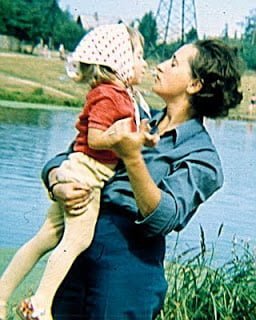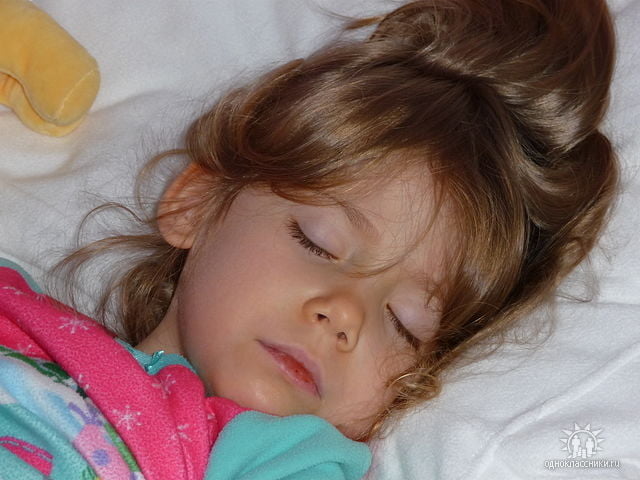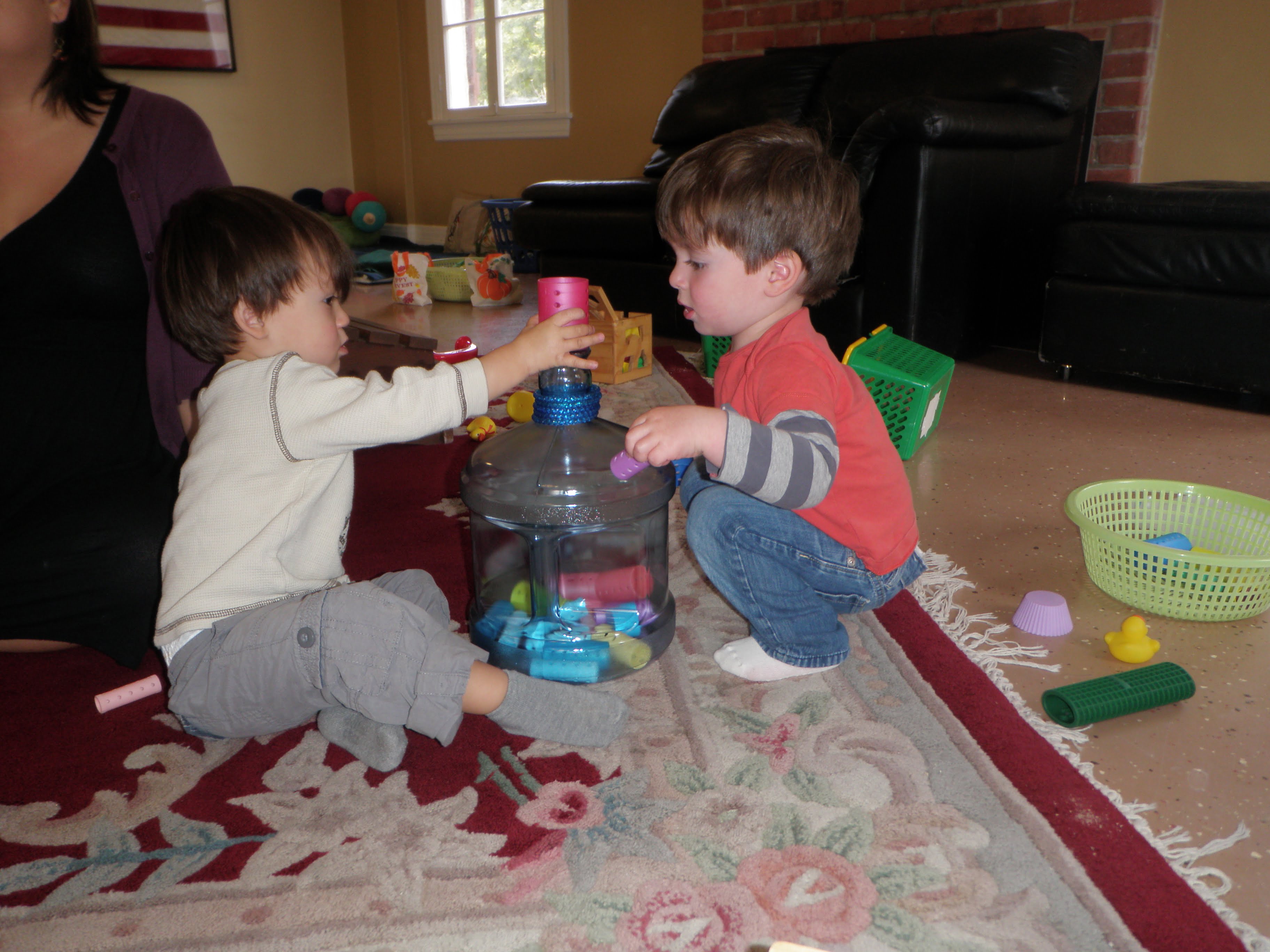Once I was asked about resilience—where do you get your resilience from?
If someone were to ask me to name one quality we should foster in our children, I would say resilience. Resilience is one of the most important skills we acquire in childhood and continue to develop throughout our lives. While there are undoubtedly numerous other essential life skills, the ability to rebound from adversity serves as the bedrock upon which all others rest.
But how does one nurture this vital skill?
Resilience Grows in Relationships
Resilience flourishes in an environment characterized by loving relationships, opportunities to process disappointments, and room to struggle. I firmly believe that the first prerequisite for resilience is having someone in your life who loves you unconditionally and genuinely enjoys your company.
Connect – My Dora
All humans need to feel connected, seen, heard, understood, and appreciated. Children especially need this.
In my own childhood, my grandmother, Dora, fulfilled this role. I don’t think Dora knew much about child development or intentionally tried to influence my life—but she made me feel seen. She let me explore the treasures in her purse and listened attentively to every story I told. She was simply delighted to spend time with me.
When I was five, my parents and I were moving to a new apartment. It was exciting but emotionally charged—I was leaving the only home I had ever known. I turned to my grandmother and said:
“I’m going to the corner of the room now to say ‘goodbye, house,’ and you will say back to me, ‘goodbye, Kira.’”
I reassured her that I understood the house couldn’t actually respond, but I needed that closure. Dora understood. She granted my request, helping me process one of my first experiences of separation and loss.
Process – The Crane Lesson
The second key element in developing resilience is the opportunity to confront and process everyday challenges. It’s like taking a heavy weight off a child’s back after a stressful moment.
Just before the move, I spent my first night away from home at my aunt and uncle’s house. I was thrilled to sleep in a big, soft bed and woke up at sunrise, rushing into their room to announce:
“Wake up, Aunt Valentina and Uncle Dmitry! How can you still be sleeping? The sun is up!”
They laughed and gently explained it was still early.
Later that morning, Uncle Dmitry gave me a beautiful miniature wooden crane, standing on one long leg. I was fascinated. Then curiosity struck—I wondered what would happen if I squeezed the leg. I did, and it broke. I stared at the broken crane in disbelief, feeling terrible.
Tears welled up, and when they asked me what had happened, I couldn’t speak right away. Eventually, I admitted to breaking the toy. They listened with care. Then Uncle Dmitry said:
“Let’s see what we can do about it. I think there might be a way to fix this.”
He carefully shortened and reattached the leg. It wasn’t perfect, but it was repaired. We sat together afterward, and he told me:
“Problems often have solutions—it’s important to consider what can be done.”
Struggle – A Gift from My Father
The third crucial element is the opportunity to struggle. While my mother and grandmother often shielded me from frustration and disappointment, my father took a different approach. He believed in letting me work through challenges.
He was the one who taught me to read and ride a bicycle, giving me the gift of confidence and perseverance. He didn’t rush to rescue me—he waited and watched, allowing me to try, fail, and try again.
Self-Compassion – Modeling for Our Children
The fourth element in raising a resilient child is modeling self-compassion. Parents can become overwhelmed by questions like:
“What if I’m not doing enough?”
“What if I’m missing something important?”
It’s easy to feel guilty. But we must look at this differently. If we want our children to be able to recover from mistakes, we have to model that for them.
Parents need to have internal resources to support their children. My mom modeled this well—when she was tired, she napped. She planned vacations so we could relax and reconnect. Her actions taught me the value of caring for oneself.
All these intentional and unintentional moments came together to help shape me into a resilient, determined person—ready to face life’s challenges.
If you’d like to read more, here’s the full interview:
👉 Meet Kira Solomatova – Bold Journey
Let me know if you’d like to learn more about RIE® Parent-Infant Guidance™ Classes.
Wishing you all the best on this difficult yet exciting journey of parenting!
Warmly,
Teacher Kira














